Nero was the final Roman emperor of the Julio-Claudian dynasty. Nero Claudius Caesar Drusus Germanicus was born on December 15, 37 AD in the central Italian city of Anzio. His father was a Roman nobleman. His mother, Agrippina, was the Emperor Caligula’s sister. Nero lost his father in 40 AD. In 49 AD, his mother married Claudius, the new emperor. Agrippina persuaded her new husband Claudius to make Nero heir to the throne. At court, philosopher Lucius Annaeus Seneca tutored Nero. When Claudius died, [54 AD] Nero became Emperor of Rome. Nero was 16. He married Claudius’ daughter. At first, Agrippina supported her son. In the early years of his rule, Seneca’s influence led Nero to practice moderate politics. He cooperated with the Senate, the only Roman center of power other than the Emperor. Nero’s attitude soon changed. He distanced himself from Seneca, who was later sentenced to death. Then, in 59 AD, he had his mother Agrippina executed.
Nero discovered that she was plotting behind his back and opposed his love affair with Poppaea Sabina. The Emperor wanted all Rome’s power to be in his hands. He became hostile to the Senate and eliminated all of his opposition. Nero was obsessed with public opinion. To win over the citizenry, he arranged entertainments and particularly grand gladiator battles. Nero put his love of theater, music and Greek culture to the test by competing in poetry and music competitions. Nero was successful in foreign affairs. He placated a revolt in Britannia and won a war against the Kingdom of Parthia. In 64 AD, a catastrophic fire destroyed most of Rome. Some historians blame Nero for the blaze. The Emperor blamed the city’s Christians and had them tortured and killed en masse. After the fire, Nero reorganized Rome. He created a vast area in the center for his new residence, the immense Domus Aurea.
Nero abandoned himself to vice, despotism and cruelty. In 65 AD, he kicked Poppaea, killing her. She had become his second wife and was expecting a baby. Nero’s rivals conspired against him. In 68 AD, Roman provinces from Gallia to Spain began to openly rebel against Nero. The Senate took advantage of this popular resentment and declared Nero a public enemy. On June 9, 68 AD, Nero committed suicide to avoid capture. He was 30. With his death, the Julio-Claudian dynasty came to an end. The Roman Empire underwent its first major succession crisis.
Nero discovered that she was plotting behind his back and opposed his love affair with Poppaea Sabina. The Emperor wanted all Rome’s power to be in his hands. He became hostile to the Senate and eliminated all of his opposition. Nero was obsessed with public opinion. To win over the citizenry, he arranged entertainments and particularly grand gladiator battles. Nero put his love of theater, music and Greek culture to the test by competing in poetry and music competitions. Nero was successful in foreign affairs. He placated a revolt in Britannia and won a war against the Kingdom of Parthia. In 64 AD, a catastrophic fire destroyed most of Rome. Some historians blame Nero for the blaze. The Emperor blamed the city’s Christians and had them tortured and killed en masse. After the fire, Nero reorganized Rome. He created a vast area in the center for his new residence, the immense Domus Aurea.
Nero abandoned himself to vice, despotism and cruelty. In 65 AD, he kicked Poppaea, killing her. She had become his second wife and was expecting a baby. Nero’s rivals conspired against him. In 68 AD, Roman provinces from Gallia to Spain began to openly rebel against Nero. The Senate took advantage of this popular resentment and declared Nero a public enemy. On June 9, 68 AD, Nero committed suicide to avoid capture. He was 30. With his death, the Julio-Claudian dynasty came to an end. The Roman Empire underwent its first major succession crisis.
RELATED


ALEXANDER THE GREAT
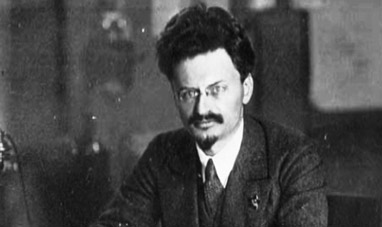

TROTSKY
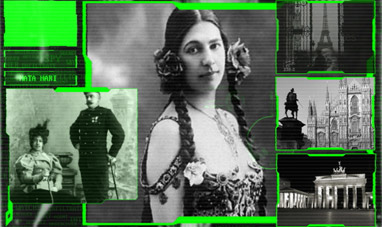

MATA HARI
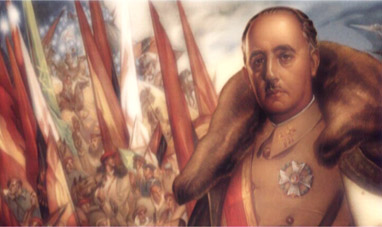

FRANCISCO FRANCO
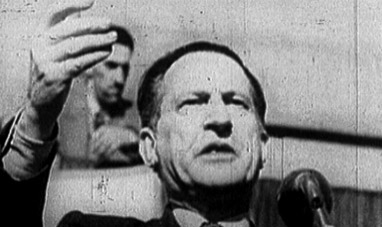

ALCIDE DE GASPERI


HENRY VII
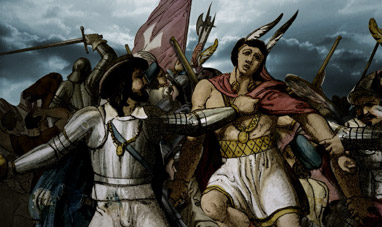

FRANCISCO PIZARRO


BARTOLOMEU DIAS


KIM PHILBY


JIMMY CARTER


JULIUS CAESAR


YITZHAK RABIN
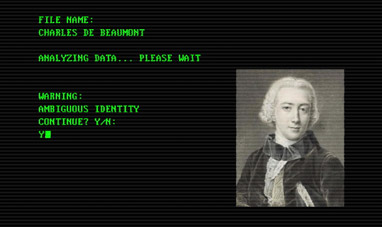

CHARLES DE BEAUMONT, CHEVALIER D'EON


TONY BLAIR
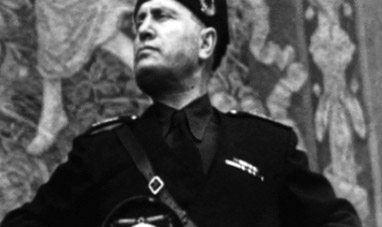

BENITO MUSSOLINI


FRÄULEIN DOKTOR


LORENZO DE' MEDICI
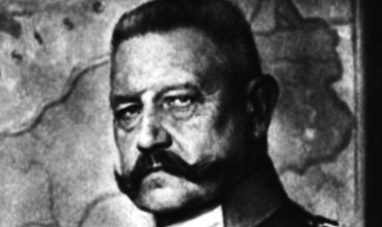

PAUL VON HINDENBURG


LEONID BREZHNEV
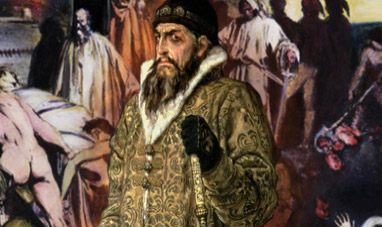

IVAN THE TERRIBLE


YASSER ARAFAT


THE RAPE OF THE SABINE WOMEN


NEIL ARMSTRONG
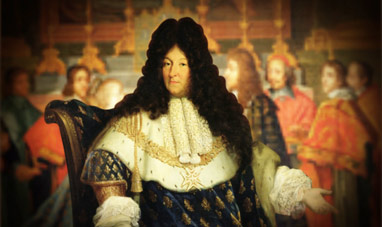

LOUIS XIV, THE SUN KING
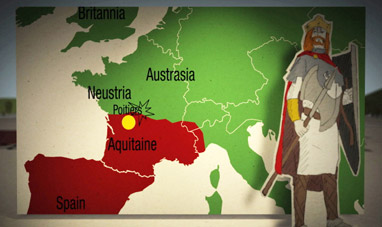

CHARLES MARTEL
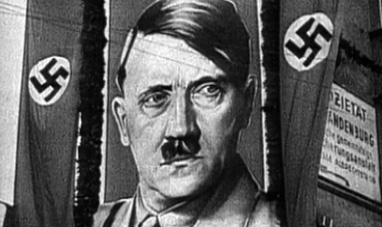

ADOLF HITLER
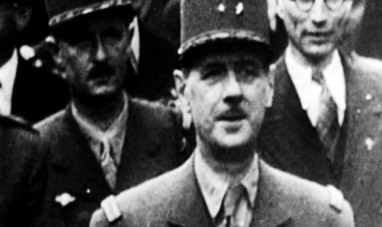

CHARLES DE GAULLE


PERICLES


THE KINGS OF ROME
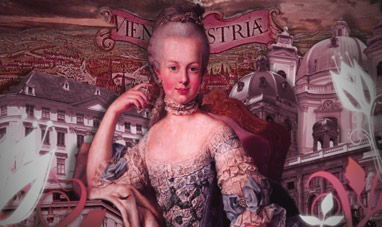

MARIE ANTOINETTE


TUTANKHAMEN
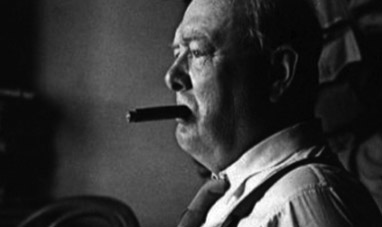

WINSTON CHURCHILL


ZHENG HE
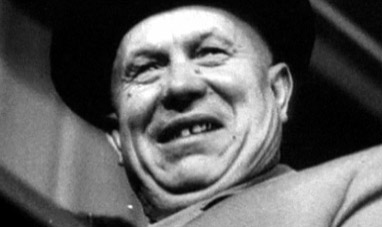

NIKITA KHRUSHCHEV
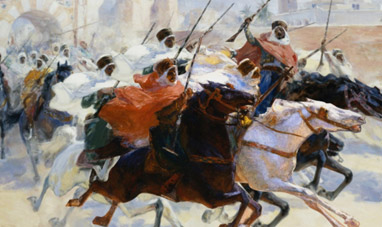

ABBAS I THE GREAT


HUMBOLDT, ALEXANDER VON
